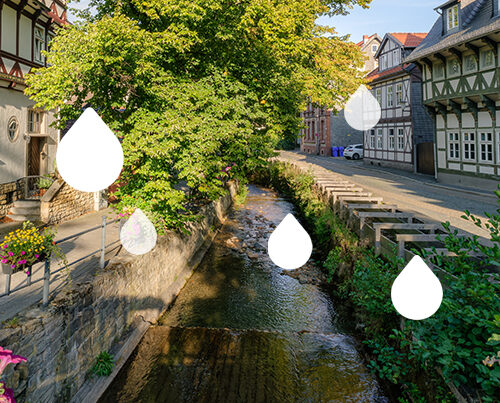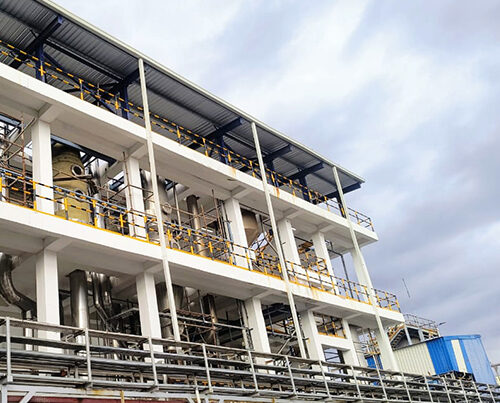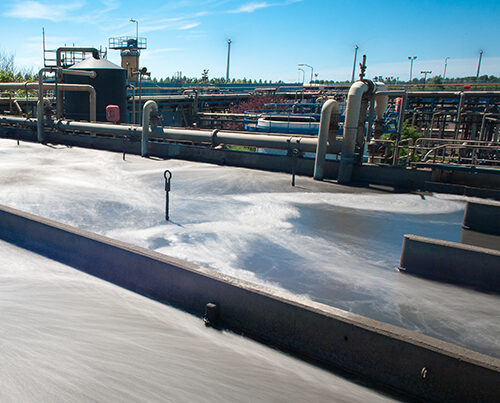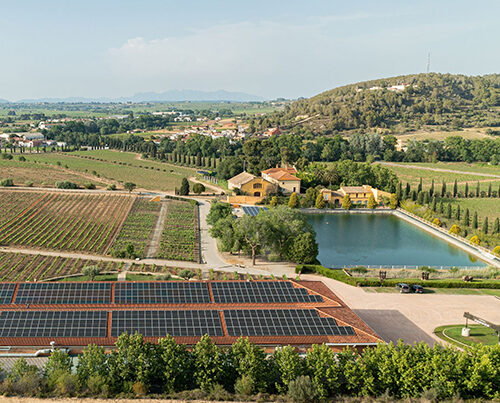A cooperation with REMONDIS Aqua’s subsidiary
Researchers at Claustahal University of Applied Science were recently awarded the German Sustainability Prize for a biofuel cell that is able to transform sewage into regenerative energy. The prize-winning project on sustainable treatment of sewage is cooperating inter alia with REMONDIS Aqua‘s subsidiary EURAWASSER in Goslar.

Innovative technology
In the project, the team surrounding the coordinator, Professor Michael Sievers, has been successful in producing electrical power directly from sewage in a sewage-treatment plant. At the heart of the project is an enzymatic biofuel cell, which thanks to researchers is able to produce electrical power and hydrogen without taking the usual circuitous routes via the digestion process. Because especially sewage-treatment plants are one of the biggest municipal consumers of electricity, the project offers a host of advantages for a sustainable future. With the aid of fuel cells, energy-intensive sewage plants could thus be turned into a municipal power plant in the future.
One of a kind in Germany, the pilot plant in the research project from Clausthal is being tested at the REMONDIS subsidiary EURAWASSER in Goslar. As Professor Sievers notes, the only plant of this type in the world is being operated here on a semi-industrial production scale, cleaning sewage water and producing electricity at the same time. Similar to fuel cells for cars, these fuel cells also transform chemical into electrical energy. The difference is that here bacteria are responsible for the metamorphose and the fuel comes from the sewage-treatment plant. The basin in the pilot plant has a total volume of 5 cubic metres. The electrical power that is produced can be stored in batteries especially designed for this purpose.
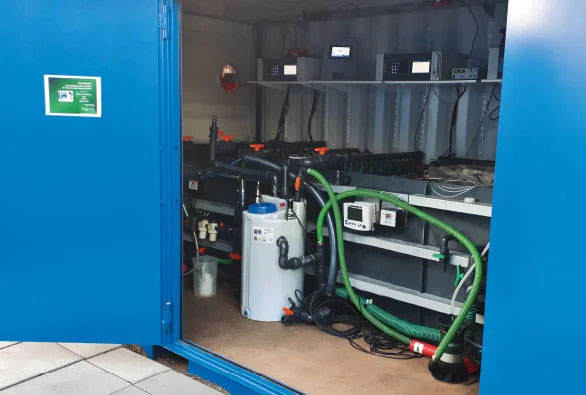
A look at the equipment – container in the pilot facility in which the biological fuel cell is set up
The basin of the pilot facility holds a total volume of 5m³.
Three years spent developing the project
The sector has been aware that sewage is rich in valuable substances for some time. It nevertheless took three years in all to make this project a success. Another strategy that has been developed and established in actual practice for years is the process of sludge digestion: the production of gas and energy by means of a cogeneration plant. Municipal sewage-treatment plants can in this way already help compensate for the fluctuating power production associated with the energy transition already now. The Clausthal researchers will be testing their prize-winning project on an expanded scale in Goslar before they are able to put it on the market.

Image credits: image 1: iStock: sarawuth702; image 2: © REMONDIS







